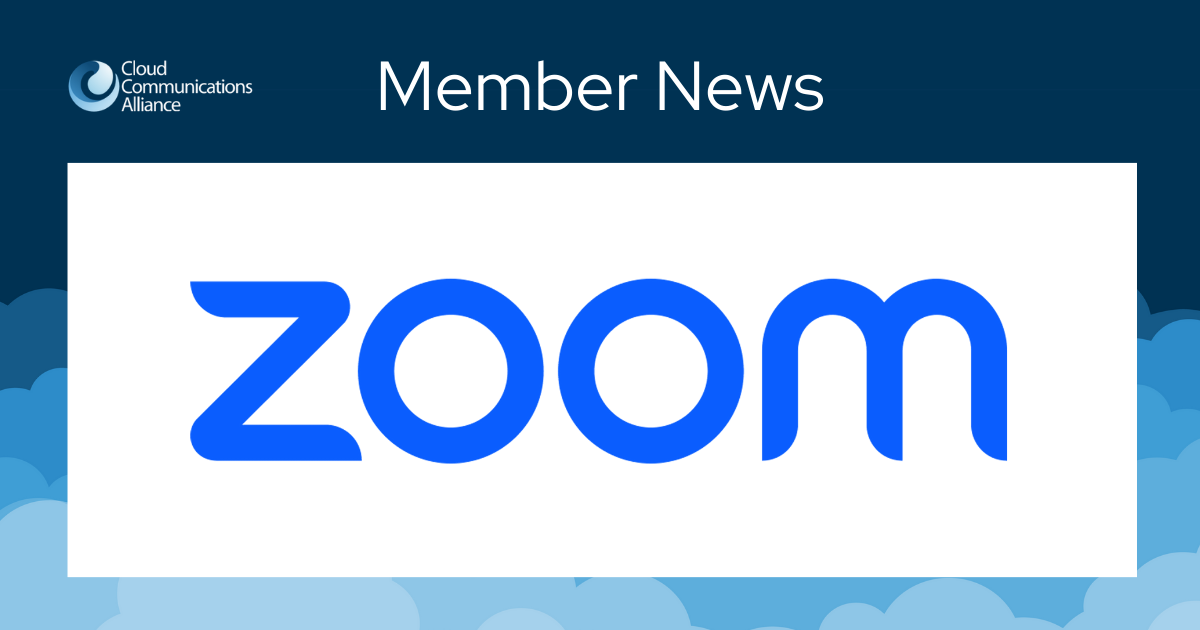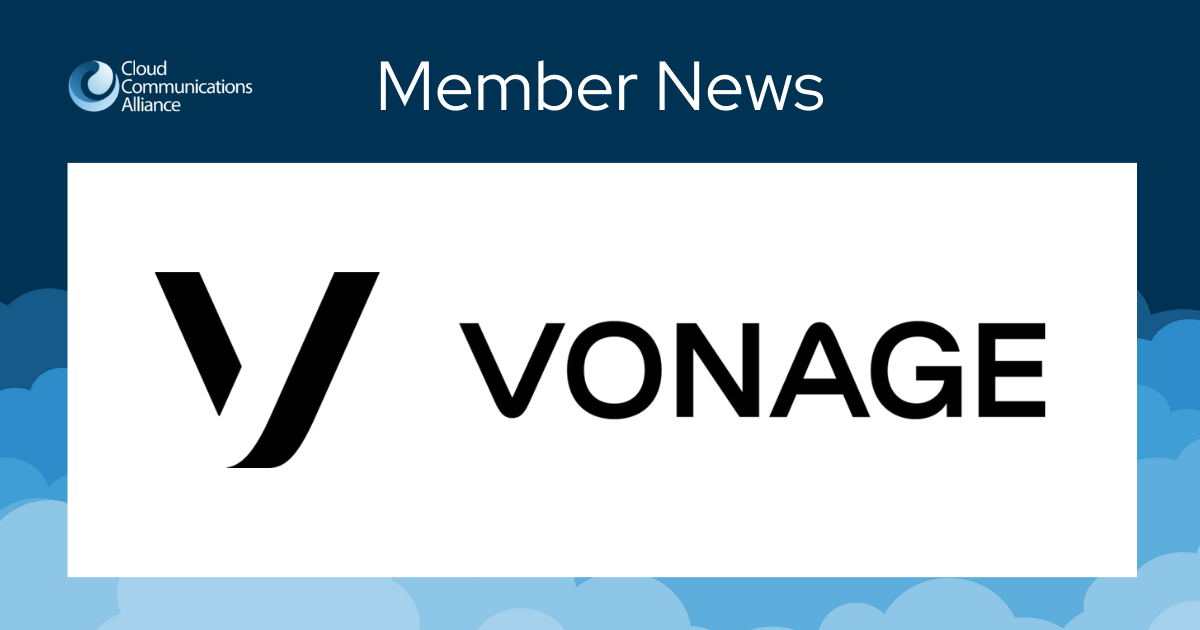FCC Expands Efforts to Combat Illegal Robocalls: Calls on Congress for More Enforcement Authority

In her continuing effort to protect consumers from illegal robocalls and malicious caller ID spoofing, late last month FCC Chairwoman Jessica Rosenworcel wrote a letter to Congress, seeking additional authority to prosecute suspects, including “the ability to seize assets to stop them in their tracks and the authority to enable the Commission to go to court directly and collect fines against bad actors.”
As we delineated in a previous advisory, the FCC’s existing enforcement efforts include partnering with state attorneys general to share information and cooperate in investigations, and sending countless “cease and desist letters,” threatening illegal robocall providers with call blocking. These actions are in addition to massive fines the FCC has levied on suspected rule violators, and the new June 30, 2022 deadline for small non-facilities-based carriers to fully implement STIR/SHAKEN in their networks.
In spite of the success of these actions, (YouMail’s Robocall Index suggests there were 500 million fewer robocalls in January 2022 than in June 2021), the FCC is continuously implementing more stringent enforcement rules and policies.
For example, in October 2021, the FCC adopted a rulemaking to address the role of gateway providers; those serving as entry points for foreign-originated calls. Among other things, that rulemaking proposes to require domestic gateway providers to implement STIR/SHAKEN on all foreign-originated calls from US numbers, assist the FCC and law enforcement in tracking down the source of illegal calls, and take additional steps to mitigate illegal robocalls.[1] Final rules are expected to be released soon, which will be delineated in a CommLaw Group client advisory.
In her congressional letter, Chairwoman Rosenworcel stated that one important reason for additional FCC enforcement authority is last year’s Supreme Court’s ruling in Facebook v. Duguid[2] which she averred could lead to less consumer protection from robocalls. The crux of that case is that the Court adopted a narrow definition of an “automatic telephone dialing system” under the Telephone Consumer Protection Act[3], i.e., a device must have the capacity either to store, or to produce, a telephone number using a random or sequential number generator.[4]
It is unlikely, however, that Duguid will have much effect on the FCC’s robocall mitigation campaign. Calls using prerecorded messages or an artificial voice require customer consent, regardless of whether they are made with an autodialer. Calls that “spoof” caller ID or otherwise seek to deceive consumers to defraud or cause harm remain illegal under numerous consumer protection and fraud laws.
Consequently, while short on details, Chairwoman Rosenworcel’s congressional letter vividly illustrates the FCC’s zealousness quest for additional ways to combating illegal robocalls. Congress may or may not act on the Chairwoman’s request, but it is clear that more FCC enforcement rulemakings and policies are imminent. It is critical that all voice service providers remain aware of the FCC’s actions and ensure that they are in full compliance.
Information supplied by:
The CommLaw Group
1430 Spring Hill Road
Suite 310
McLean, Virginia 22102
[1] See In the Matter of Advanced Methods to Target and Eliminate Unlawful Robocalls, Fifth Notice of Proposed Rulemaking, FCC 21-105, CG Docket 17-59 (rel. Oct. 1, 2021)
[2] 592 U.S. ___ (2021)
[3] 47 U.S.C. § 227(a).
[4] Duguid. at 12.

